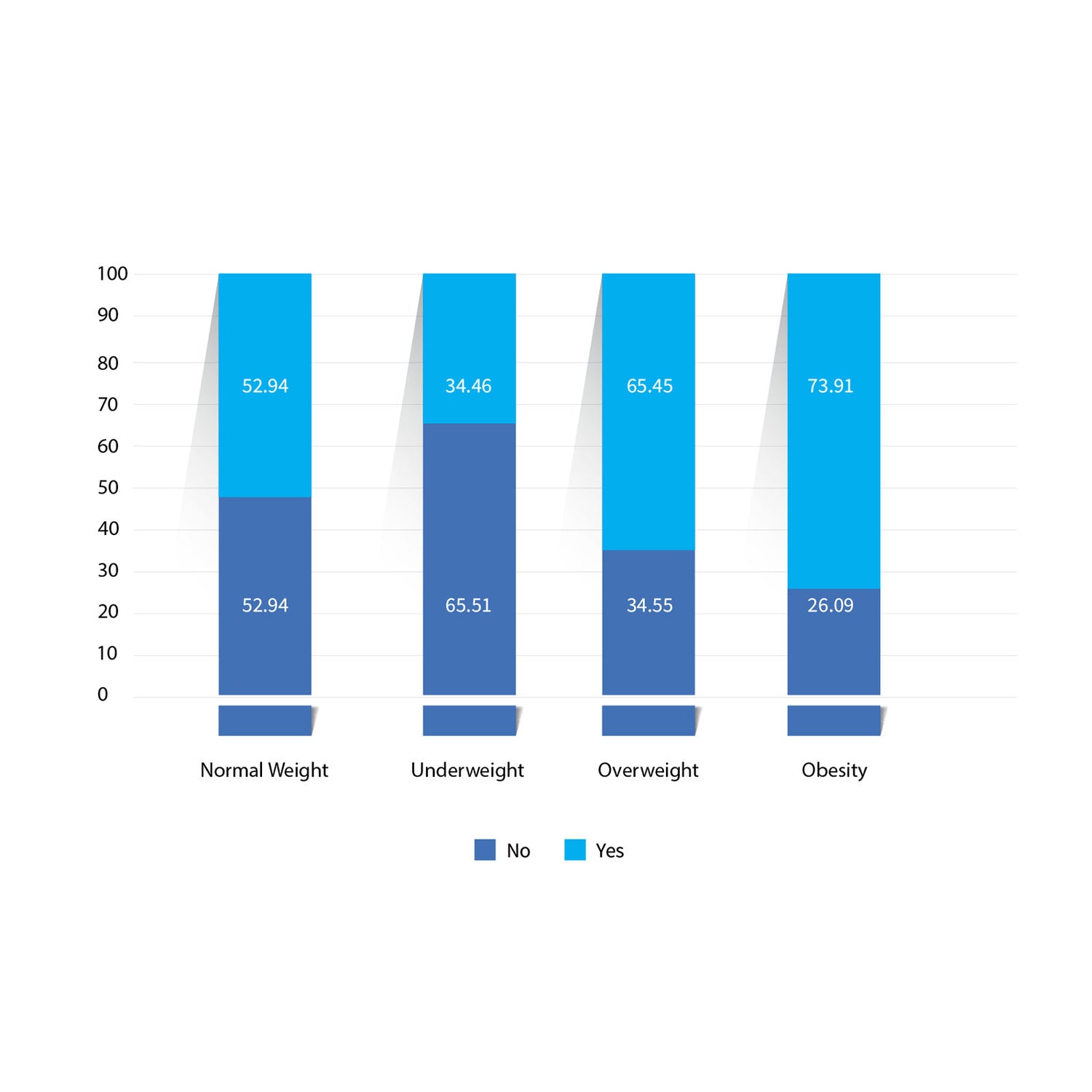Plans and Pricing
Care
₹ 2000/ Monthly /
- Digital ABHA ID
-
Personal Health Profile
- Personal Health Coach
- Tele Consultations :
- ✭ General Physician - 4/Per Year
- ✭ Nutritionist - 6/ Per Year
- ✭ Fitness / Yoga - 6/Per Year
- ✭ Psychologist/Therapist - 2/Per Year
- ✭ WhatsApp Support - Unlimited
- Weight Management :
- ✭ Lipid Profile - 2/Per Year
Care +
₹ 2500/ Monthly /
- Health Card
-
Personal Health Profile
- Personal Health Coach
- Tele Consultations :
- ✭ General Physician - 6/Per Year
- ✭ Nutritionist - 8/Per Year
- ✭ Fitness / Yoga - 8/Per Year
- ✭ Psychologist/Therapist - 4/Per Year
- ✭ WhatsApp Support - Unlimited
- Weight Management :
- ✭ Lipid Profile - 4/Per Year
Care ++
₹ 3000 / Monthly /
- Health Card
-
Personal Health Profile
- Personal Health Coach
- Tele Consultations :
- ✭ General Physician - 12/Per Year
- ✭ Nutritionist - 12/Per Year
- ✭ Fitness / Yoga - 12/Per Year
- ✭ Psychologist/Therapist - 6/Per Year
- ✭ WhatsApp Support - Unlimited
- Weight Management :
- ✭ Lipid Profile - 4 Per Year
Testimonial
Joining the weight management program was the best decision I ever made. The comprehensive
approach, including dietary advice, exercise routines, and mental health support, helped me lose 50 pounds. More importantly, I learned how to maintain my weight and live a healthier life.
I never thought I could lose weight and keep it off until I found this weight management program. The combination of personalized nutrition plans, tailored exercise routines, and regular check-ins made all the difference. I've lost 40 pounds and feel more energetic and happier than I have in years
The support and encouragement I received from the weight management team were incredible. They helped me set realistic goals and provided the tools I needed to achieve them. I've lost 25 pounds and gained a new perspective on healthy living. I couldn't have done it without their expertise and support.




